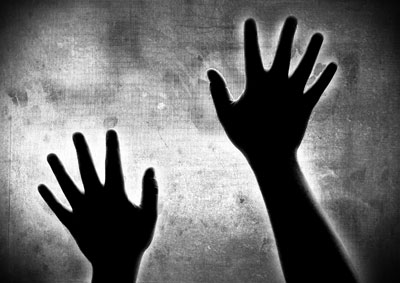All Nonfiction
- Bullying
- Books
- Academic
- Author Interviews
- Celebrity interviews
- College Articles
- College Essays
- Educator of the Year
- Heroes
- Interviews
- Memoir
- Personal Experience
- Sports
- Travel & Culture
All Opinions
- Bullying
- Current Events / Politics
- Discrimination
- Drugs / Alcohol / Smoking
- Entertainment / Celebrities
- Environment
- Love / Relationships
- Movies / Music / TV
- Pop Culture / Trends
- School / College
- Social Issues / Civics
- Spirituality / Religion
- Sports / Hobbies
All Hot Topics
- Bullying
- Community Service
- Environment
- Health
- Letters to the Editor
- Pride & Prejudice
- What Matters
- Back
Summer Guide
- Program Links
- Program Reviews
- Back
College Guide
- College Links
- College Reviews
- College Essays
- College Articles
- Back
Lying
Funny, isn’t it? The person we lie to most is the one we should feel no reason to deceive. Ourselves. Is it due to the overwhelmingly disappointing reality of our lives? Or, is it simply an attempt to deceive others from who we truly are; to impress or beguile? Perhaps, we lie to avoid the truth, a certainty that scares all.
How can we define a lie? According to the dictionary, a lie is an intentionally false statement. However, lies are often misconceptions and delusions that appear to be anything but intentional. Is lying an effort to misguide or an attempt to persuade that which is untrue? I believe the only necessities for lying are beliefs of what is true and false, not actual knowledge of either. As commonly misconceived as it seems to be, people generally assume that we must know the truth to lie. Yet, the truth is not what we know, but what is thought to be known. If I believe that which is untrue, yet speak what is commonly known, I would be abandoning my personal beliefs to conform to the artificial doctrines of truth imposed by society. By definition, this would be lying.
How can we separate a truth from a lie? Some claim that machines, such as lie detectors have to ability to determine a lie. This proves orthodoxly untrue as we must understand that if someone who has executed murder believes he is innocent, the machine will fail to observe his false affirmation of innocence. While they are incapable of detecting the validity of a proclamation, they may discern a discrepancy between what is believed and what is divulged to the public.
Lying is thought of as sinful, horrid even. Upon examining all moral interdictions, we find the inexorable reality that the ends justify the means. While we assume ourselves to be moral beings, an obvious illustration of our immorality is revealed as we attempt to rationalize our behavior. It exemplifies the recognition of our inaccurate beliefs, and our failure to correct them.
The questionably fickle allegations of eyewitness accounts, as well as the distortion and inconstancy of our memories manifest our aptitude to deviate from the truth subconsciously. This is often extended to a state of denial, as our human spirit urges our minds to resist the truth and to revert to what we believe we know. By nature, we believe that what we think and remember must be true. Yet, our memories are often twisted over time.
Lies are compelling and successful because everyone is insecure. It’s a human trait that we all share, it’s unavoidable. We are insecure about our beliefs and the suggestion that they are wrong, or perhaps not favored and accepted. When our beliefs are questioned, we naturally deny absolutely any evidence that suggests they are incorrect. Everyday, we believe the things we see, hear, and are taught without question. When will the time come to question everything that we believe? Will we ever know what to trust? That is, if we can trust anything at all.

Similar Articles
JOIN THE DISCUSSION
This article has 0 comments.
